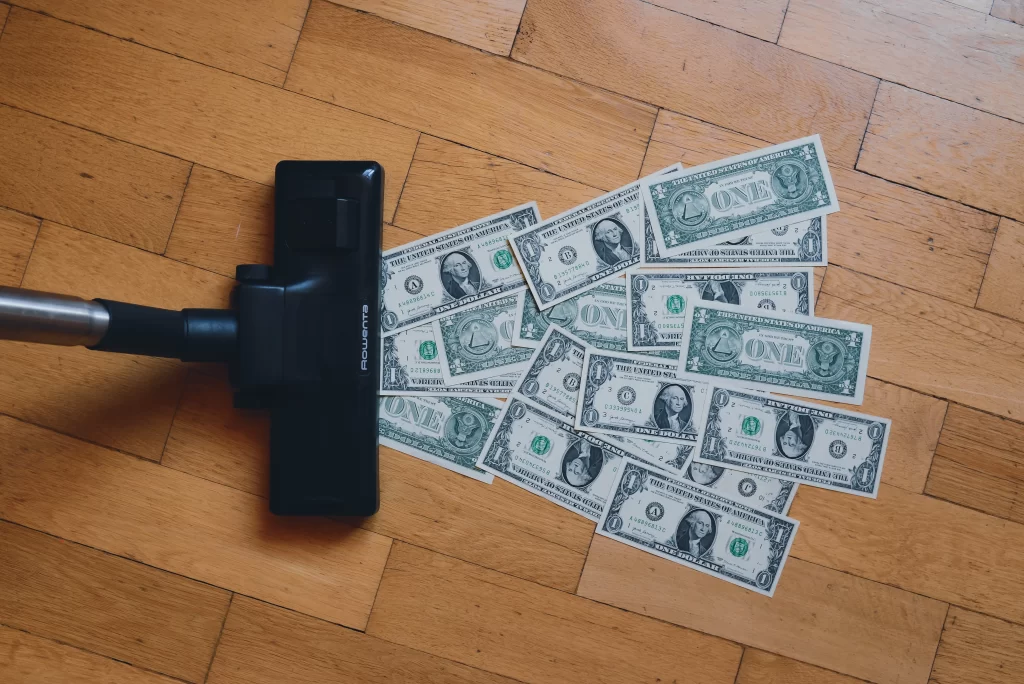Crushing debt can feel like an inescapable maze. But there’s a way out, and understanding your bankruptcy options is the first step. The big question most people are asking is: Chapter 7 vs Chapter 13? Which one is right for me? Picking the right one depends on what matters most to you.
| Chapter 7 Fresh Start, But With Some Sacrifices | Chapter 13 Repayment Roadmap and Keep Your Belongings |
|---|---|
| Chapter 7, often called “liquidation bankruptcy,” acts as a fresh start from most debts. Your non-exempt assets may be sold by a court-appointed bankruptcy trustee, with the proceeds going towards creditors. However, most property and income sources are protected by state exemption laws. After a few months, most unsecured debts (like credit cards) are discharged, meaning you are no longer legally obligated to pay them. However, this comes at the cost of potentially losing some assets and facing a credit score dip for around ten years. | Chapter 13 adopts a distinct approach. Rather than liquidating assets, it involves creating a repayment plan, typically spanning 3-5 years, to gradually settle debts through monthly installments. This triggers an automatic stay, enabling you to retain your property and potentially prevent home foreclosure. It’s crucial to note that Chapter 13 requires a stable income and strict adherence to a payment schedule. Additionally, certain types of debts, such as parking tickets, specific divorce-related debts, and debts denied in a prior Chapter 7 case, can be discharged in Chapter 13 but not in Chapter 7. Understanding these nuances is essential for making informed decisions regarding your financial situation. |
So, Which Path is Right for You?
It all boils down to your personal financial situation and goals. If you have few assets and want a quick debt wipeout, Chapter 7 might be a good fit. However, if you have a steady income and want to save your home or car, Chapter 13 could be the better route. Also, you can check out our handy Bankruptcy Flow Chart for more clarification.
Remember, bankruptcy is a serious decision. Consulting a bankruptcy lawyer is crucial to navigate the legal details and choose the path that best suits your unique financial landscape. Don’t let debt keep you in the dark – take control and find your way out with the right bankruptcy option.


